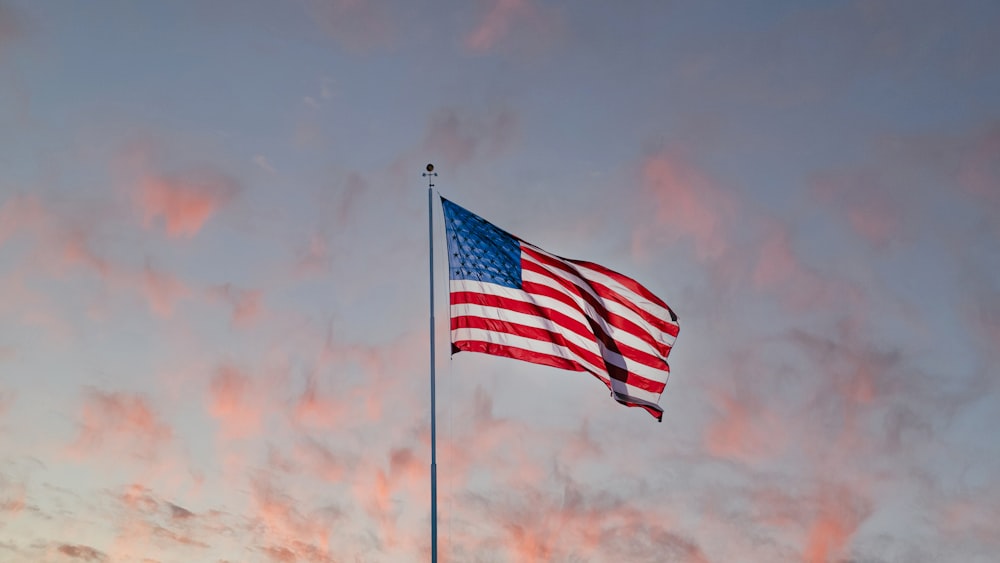Last Week in Federal Appeals (No. 66)
Appellate decisions from the week of February 5, 2024
“For the purpose of this criminal case, former President Trump has become citizen Trump, with all of the defenses of any other criminal defendant. But any executive immunity that may have protected him while he served as President no longer protects him against this prosecution.”
D.C. Circuit, Per Curium, United States v. Trump
Decision Summaries
Second Circuit
In re: Mexican Government Bonds Antitrust Litigation
The Second Circuit vacated the dismissal of the plaintiff investors’ price-fixing claims against Mexican banks that deal in the bond market. The panel held that the district court did have personal jurisdiction over the banks when the banks used third-party brokers to indirectly sell the bonds to the plaintiffs in New York.
Third Circuit
Falcone v. Dickstein
The Third Circuit held that there is no First Amendment right to refuse to wear a protective mask as required by valid health and safety orders put in place during a recognized public health emergency.
United States v. Long
In an interlocutory appeal, the Third Circuit held that the district court abused its discretion by excluding evidence offered by the Government without examining it. The panel analogized this case to the Third Circuit’s decision in United States v. Cunningham, where it held that it is an abuse of discretion to admit evidence in a criminal case without examining it.
Eighth Circuit
Jet Midwest International Co. v. Ohadi
The Eighth Circuit affirmed the district court’s award of attorney’s fees in the parties’ dispute over a loan agreement. Though there was no contractual obligation under the loan agreement, nor any statutory obligation under the state law, the panel agreed with the district court that there were exceptional “special circumstances” that justify the award of attorney’s fees.
Ninth Circuit
Daramola v. Oracle America, Inc.
The Ninth Circuit affirmed the dismissal of a whistleblower-retaliation action brought under the Sarbanes-Oxley and Dodd-Frank Acts by a Canadian citizen for the conduct of a Canadian employer, even though it was a subsidiary of a U.S. parent company. The panel explained that, due to the presumption against extraterritoriality and lack of a locus of domestic conduct, the laws did not apply outside of the U.S. under the facts of this case.
Tenth Circuit
United States v. Morales-Lopez
The Tenth Circuit reversed a district court’s finding that the federal prohibition against an unlawful drug user’s possession of a firearm was unconstitutionally vague. The panel held that the defendant had no standing to challenge the facial constitutionality of the statute because his conduct was squarely prohibited under the law, and the defendant’s as-applied challenge similarly failed where his actions clearly fell within the prohibited conduct.
Speech First v. Shrum
The Tenth Circuit reversed the dismissal of an organization’s First Amendment challenges against a University where the organization sued on behalf of anonymous members. The panel stated: “longstanding and well-established doctrine in the federal courts establishes that anonymous persons may have standing to bring claims.”
Eleventh Circuit
Carson v. Monsanto Co.
The Eleventh Circuit held that the plaintiff’s state law failure to warn claim was not preempted by the requirements of the Federal Insecticide, Fungicide, and Rodenticide Act. Because Monsanto failed to show that it could not have complied with both state and federal requirements, the plaintiff’s claim was not even impliedly preempted.
Baughcum v. Jackson
The Eleventh Circuit held that the Firearms Policy Coalition and its underage members do have standing to sue several probate judges over the constitutionality of a state gun law. Further, the panel held that the case was neither moot nor unripe where at least one plaintiff remains underage and the application for a license would be futile.
D.C. Circuit
United States v. Trump
The D.C. Circuit unanimously affirmed the denial of former President Trump’s motion to dismiss the Special Counsel’s Indictment accusing him of interfering with the certification of the 2020 election results. Writing per curium, the court held that the former president was not entitled to boundless presidential immunity, and that prosecution after an impeachment acquittal does not violate double jeopardy.
Any opinions expressed here are our own. This article is not legal advice; if you have a legal issue, you should consult an attorney.
If you liked this article or have thoughts about it, please like or comment below (or email Ben at breese@flannerygeorgalis.com or Antonia at agelorme@flannerygeorgalis.com) and consider sharing it with your friends and network.





